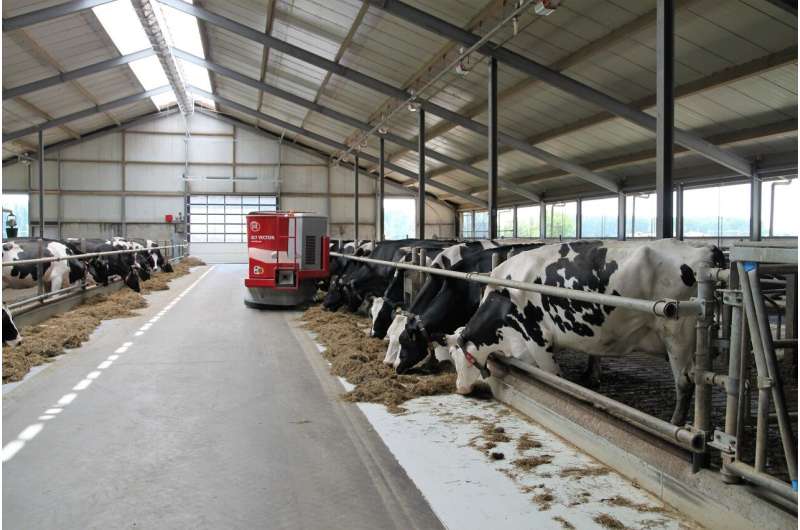Urgent Call for Development of Pediatric Heart Support Devices at International Conference

During the Annual Meeting and Scientific Sessions of the International Society for Heart and Lung Transplantation (ISHLT) held in Boston, leading experts highlighted a critical need for advancing mechanical circulatory support (MCS) devices specifically designed for children suffering from severe heart conditions. Angela Lorts, MD, MBA, and director of the Ventricular Assist Device Program at Cincinnati Children's Hospital, emphasized that pediatric cardiac care remains significantly underfunded and understudied. Consequently, therapies developed for adults are often simply adapted for pediatric use, which is insufficient for meeting the unique needs of young patients.
Children with heart failure typically suffer from acquired or genetic disorders that impair their heart muscle or structural integrity, often originating from congenital heart diseases that cannot be fully repaired. Every year in the United States, around 500 children receive heart transplants, and approximately 300 receive implantable heart devices. These devices help maintain circulation by pumping oxygen-rich blood to the body, serving as vital support for children awaiting transplantation.
Despite this, Dr. Lorts pointed out that current MCS devices for children are outdated, primarily because they are older-generation engineering products designed for adults. The limited market size leads to reduced investment from device manufacturers, resulting in the off-label use of adult devices in children. She explained that such off-label application inhibits innovation because it does not involve systematic data collection necessary for assessing safety and effectiveness.
A significant challenge is the high rate of adverse events associated with existing pediatric devices, which are often unavailable in sufficient numbers to meet demand. These devices typically require children to remain hospitalized for extended periods—sometimes up to a year—before they can undergo a transplant, which impacts quality of life and increases healthcare costs. Dr. Lorts advocates for providing children with the opportunity to go home with their devices, similar to adult patients, to improve overall well-being.
To address these issues, she and colleagues established the ACTION Network, an international collaboration comprising 70 centers and 1,500 healthcare providers, aimed at raising awareness and funding for pediatric heart support technology. The network is working with the U.S. Food and Drug Administration (FDA) to expand the use of certain adult VAD (ventricular assist device) models in pediatric cases and to monitor their safety carefully.
Several device manufacturers are now partnering with the pediatric community, and promising new devices are in development. The ACTION Network also endeavors to consolidate real-world data and clinical research to improve safety profiles and efficacy of pediatric heart support devices.
Dr. Lorts emphasized that systemic issues in medical research contribute to the lack of innovative therapies for children. She called for increased funding and strategic initiatives dedicated specifically to pediatric device development, asserting that children deserve treatments tailored to their needs and that future efforts could save many lives.
This ongoing challenge underscores the urgent need for dedicated research and the development of age-appropriate, safe, and effective heart support solutions for the pediatric population.
Stay Updated with Mia's Feed
Get the latest health & wellness insights delivered straight to your inbox.
Related Articles
Concerns Over Immigration Policies Hindering Bird Flu Control Efforts
Experts warn that immigration enforcement measures may hinder efforts to control bird flu outbreaks in the U.S., risking delayed detection and increased spread among at-risk workers and animals.
Supporting Continued Use of Nasogastric Tubes Post-Esophageal Cancer Surgery
Large Nordic study confirms that using nasogastric tubes after esophageal cancer surgery reduces serious complications and prevents leaks, emphasizing the importance of evidence-based surgical practices.
New Insights into How the Human Brain Categorizes and Stores Visual Memories through Neural Timing
New research uncovers how the human hippocampus categorizes visual memories through precise neural timing, advancing our understanding of memory encoding and opening new avenues for neurorestorative therapies.



